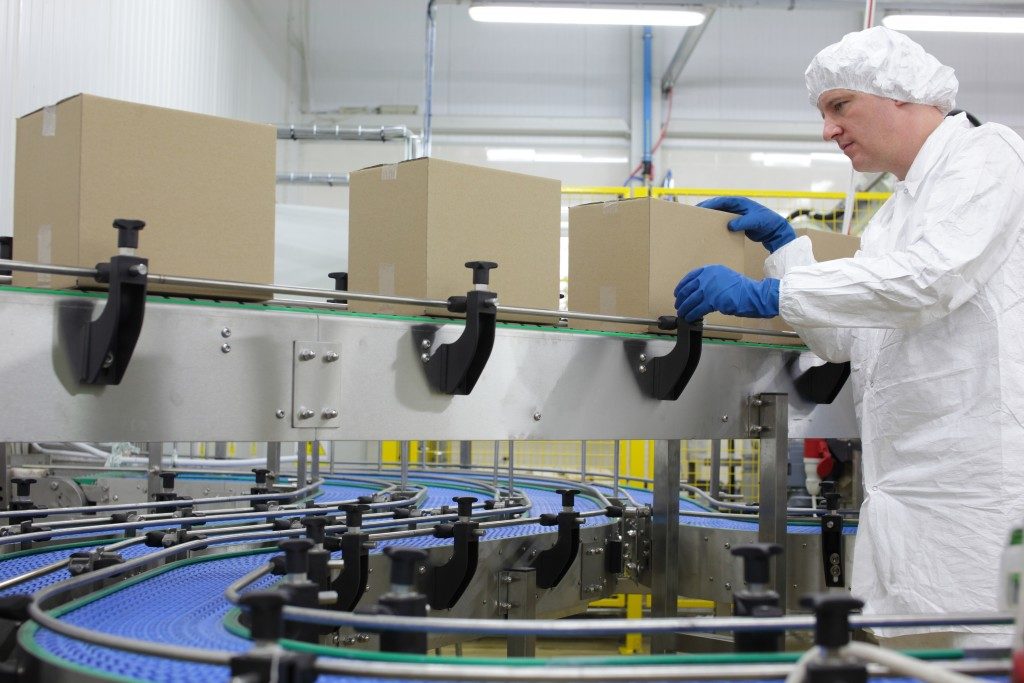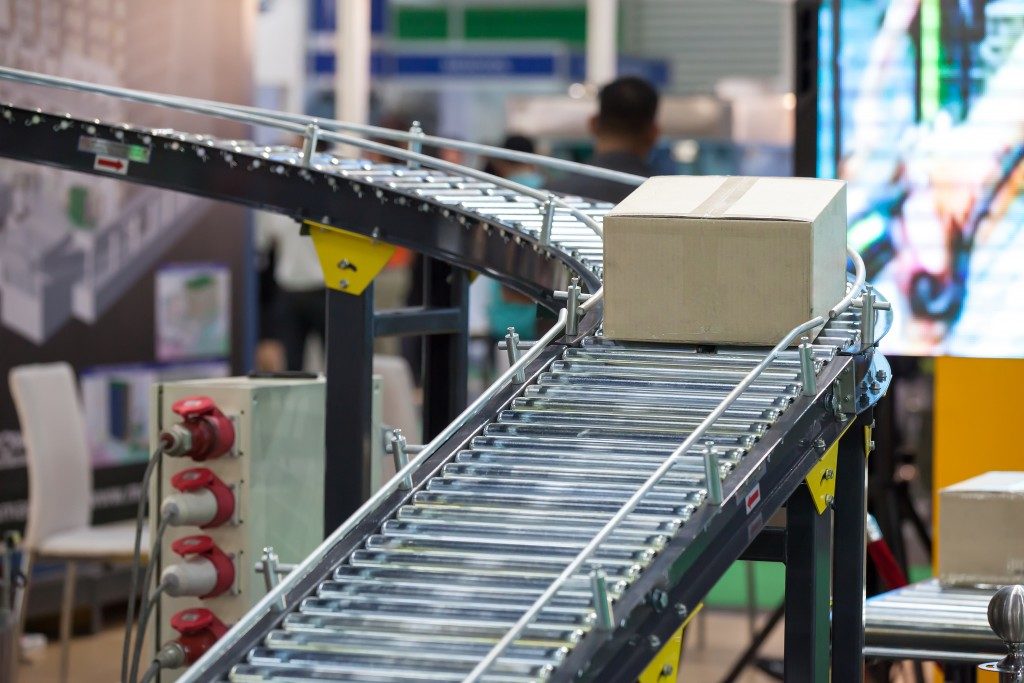One of the determinants of the efficacy of your production line is the type of conveyor system you pick. This will determine how fast the goods will move through your production line and consequently your overall efficiency. There are many conveyor system options, but the most popular is the tabletop conveyor. This has a modular construction that is easy to integrate with other machines and adaptable to various production lines. It can be used for high-speed transportation, accumulation, capping, conveyance of materials from one station to the next, and labeling and packaging.
A tabletop chain conveyor will generally comprise rollers for the support of your products and their movement through the system. Your choice from the available conveyor rollers depends on the type of material you are moving and your desired level of automation. The following are some of your roller options when buying a tabletop chain conveyor:
High-Speed Rollers
These generate the least noise among all types of conveyor rollers. They are designed for reduced wear and tear and consequently prolonged durability. High-speed rollers have conductive bushings, crimpled tube ends, and bearing caps to avert the risk of the rollers sliding out of their tubes during their fast movement. High-speed rollers used in chain-driven and fixed shaft conveyors will also have grooves and sprockets for their increased productivity.
Grooved Rollers
These are also called carrying rollers. They are designed for conveyor systems that are primarily dependent on rollers for the driving of their entire system. The grooves on different portions of the rollers and springs loaded on both their ends enhance the weight-bearing capacity of these rollers and their traction on your products. They also have crimped tube ends to boost their bearing’s security. Grooved rollers are generally favored because of their ease of installation and extended bearing life.
Gravity Rollers
These are considered an inexpensive alternative to high-speed rollers. They use a commercial grade bearing that requires minimal speed. Gravity rollers, however, generate considerable noise and will only suffice in work environments where noise is not an issue. Fortunately, they fit virtually all types of conveyor systems.

Motorized Rollers
These come with inbuilt control drums for the regulation of their speed and the flow of your products. You can automate your production process from its sorting, analysis, and pacing by tweaking different elements in the motorized zones. However, motorized rollers are costly and often used in processes that require a high level of automation.
Free Spinning Rollers
These have an integrated free turn capability. They are typically the best choice for processes in which a highly flexible rotational output and low friction are essential. In other applications, they are used for the creation of conveyor belt support.
Choosing the ideal roller from the above does not mean looking for the cheapest to buy and maintain. There are different calculations that you will consider to guarantee what you pick for your tabletop conveyor suffices for your operation. As such, it is prudent to get an expert’s input. Moreover, the exact designs and capabilities of the rollers mentioned above differ among manufacturers. Therefore, you should also ensure that you choose the best manufacturer for your conveyor.

